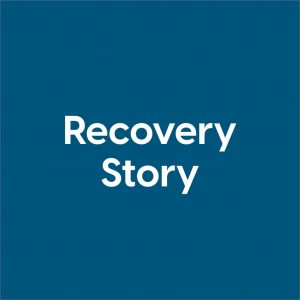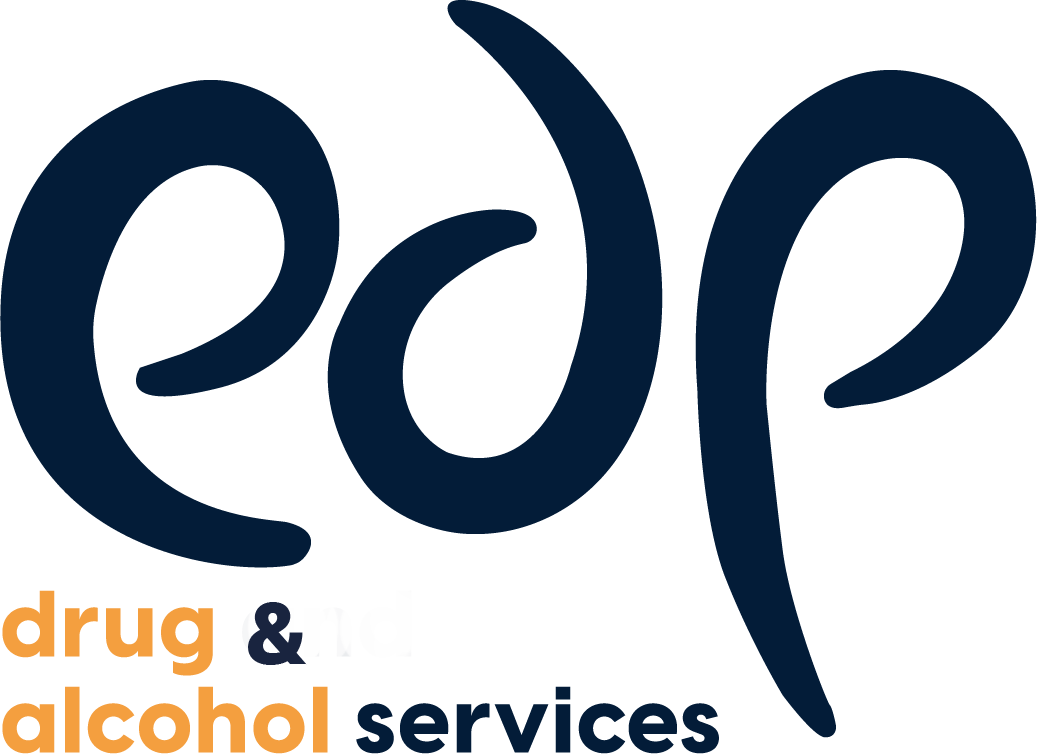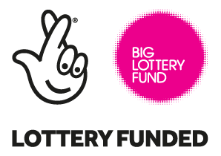This blog was written by Dorset based volunteer Laurie who runs a number of groups and shares his experience of how group work helps in people’s recovery.
How does group work help in recovery?
When I first became a service user, I thought I only needed 1:1 meetings with my keyworker. I was completely wrong. Groups are the best!
- Service users can talk openly and honestly about their problems in a completely safe and non-judgemental environment. Groups are almost always the only environment in which they can do that. Talking out loud helps them to understand their problems.
- Life with a drug or alcohol problem is usually lonely. Family and friends can’t know what it’s like unless they’ve been there. In groups, everyone knows what it’s like and there’s genuine empathy. Nobody feels alone any more.
- Without belief, recovery is impossible. Nobody can want recovery enough if they don’t believe it’s possible. Service users in groups hear about other people’s recovery journey, very often starting from a worse place than their own journey. They are living proof that recovery is possible and the joys of recovery are immense.
- Everyone’s problem is different and everyone’s recovery is different. There are many roads to recovery and everyone has to find what works for them. Comparing notes and experience in groups is a great way to do that. Service users new to groups usually find others who have been where they are and can help them get to where they want to be.
- Everyone in recovery empathises almost immediately with others in groups. Almost everyone wants to understand and help others, particularly others with similar problems and/or experiences. That really helps their own recovery.
- It’s quite demotivating for people in recovery to have no recognition for their efforts and achievements from family and friends who think stopping is easy. Everyone in groups knows that it isn’t. They recognise effort, achievements and milestones in recovery. That builds confidence, self-respect and motivation.
- Groups are happy places. Almost everyone in almost every group feels encouraged, even inspired, when they leave the group. Seeing lives changed lifts everyone’s spirits.
Enjoyed this? Check out our latest!

Dan’s Story
“One thing I can say is that I have a greater understanding and awareness of alcohol, it can be good but boy it can be
28th June 2024

Chris’s Story
“After years of using alcohol as a coping mechanism to deal with ever-worsening mental health issues…it was time to ask for some help” Read Chris’s
28th June 2024







